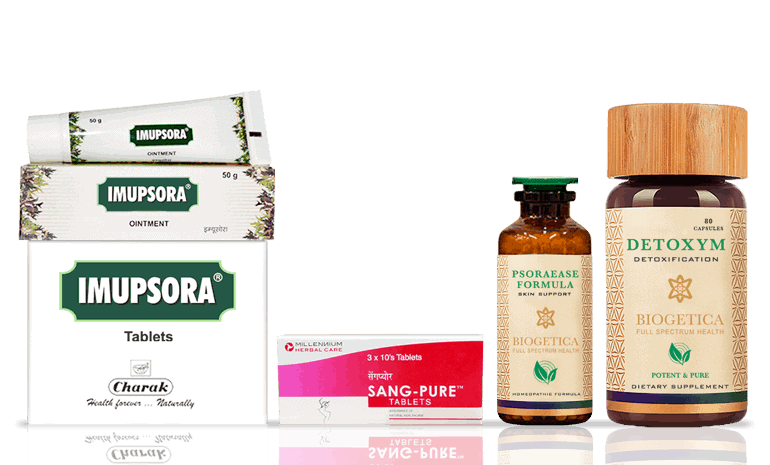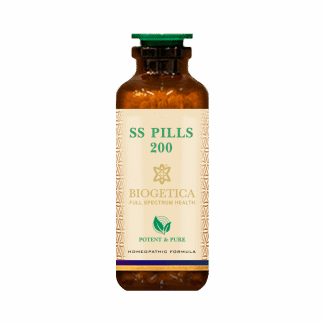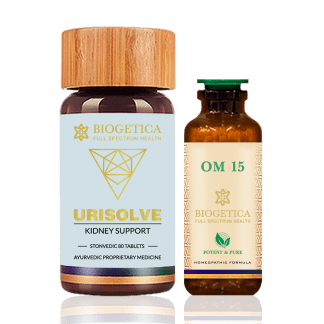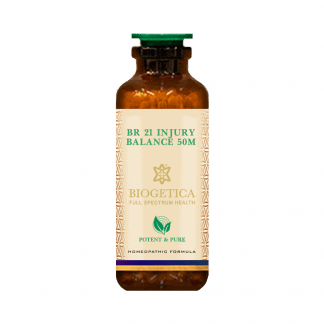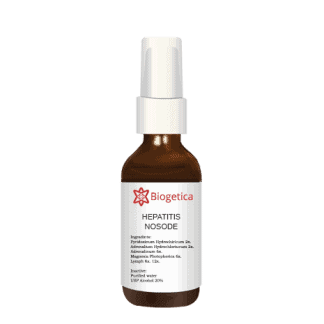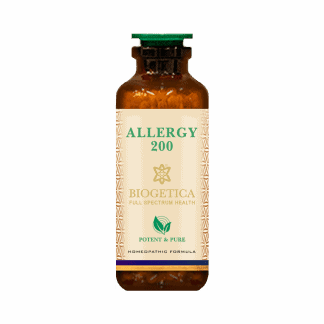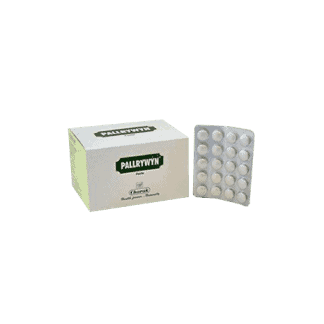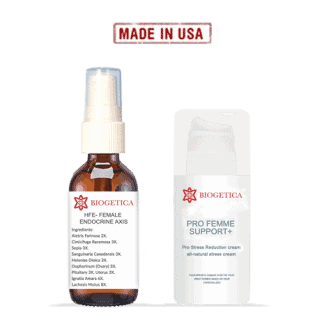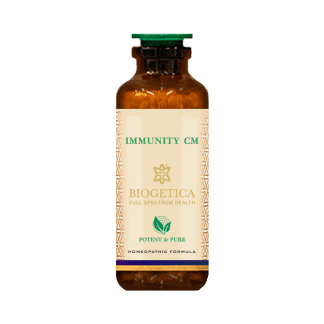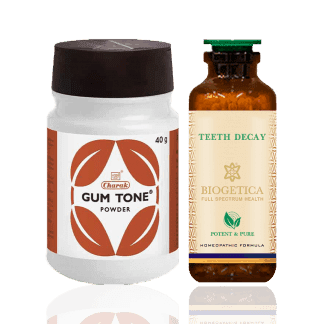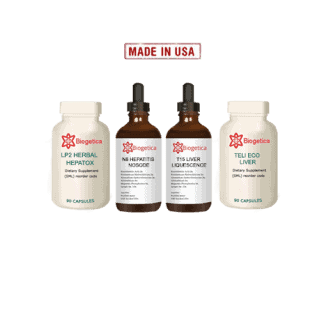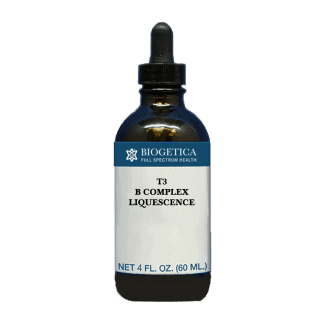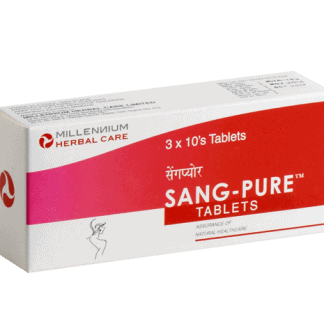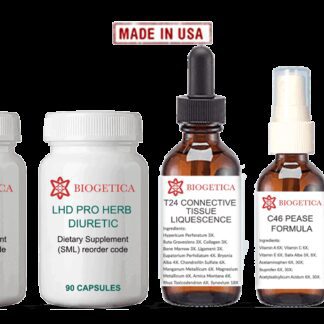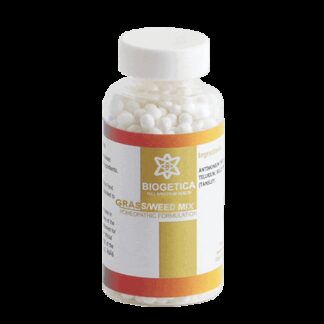
What is Psoriasis
Psoriasis affects both adults and children. It is non-contagious. Psoriasis affects approximately 7.5 million Americans. This is a chronic condition that can affect your self-esteem, emotions, and social life. When your immune system is weak, it sends out signals that are defective or damaged. This causes the skin cells to grow and multiply at an accelerated rate.
Psoriasis plaques are well-defined, chronic lesions that are scaly and reddish. The extensor surfaces of the extremities are usually affected, particularly the elbows, knees, and back. Even the nails can be affected by pitting. Patients with psoriasis may also experience inflammatory arthritis of the joints. The lesions can range from a localized patch up to the whole body.
Other serious conditions such as diabetes, heart disease, and depression can be linked to psoriasis. It is important to treat psoriasis early.
Causas de la psoriasis
There is no known cause for psoriasis, but there is some evidence that it is genetic. Psoriasis, an autoimmune disease, has an autosomal-dominant inheritance. People with dry skin are more likely to develop psoriasis than people with oily skin or skin that is well moisturized.
Psoriasis Can be Caused by a Number of Aggravating Factors. These Factors Include:
- Stress– Stress can cause psoriasis to begin or worsen the condition.
- Infections– Psoriasis can occur after an infection, such as one caused by streptococcus bacteria.
- Injury – Psoriasis affects the appearance of injuries such as sunburns and scratches. The Koebner Effect is the name of this phenomenon.
- Hormonal Imbalance– Hormonal fluctuations such as menstruation and puberty can cause psoriasis.
- Endocrinal Imbalances.
- Medications – Medicines such as NSAIDs (nonsteroidal anti-inflammatory drugs), beta-blockers (antimalarials), lithium indomethacin, etc. may cause psoriasis.
Types and Severity of Psoriasis
- Psoriasis vulgaris– The skin lesions are sharp-marginated erythematous plates that are covered in copious silvery-white non-adherent scaling. These lesions usually appear on the elbows. scalp, knees, and lower back.
- Pustular Psoriasis – This condition is characterized as white pus blisters that are surrounded by red skin. It is most common in adults.
- Inverse psoriasis – This condition affects the areas of the body where there are flexural folds such as the armpits, the underarms, the groin, and the skin folds surrounding the genitals or buttocks.
- Erythrodermic psoriasis – This is an inflammatory form of psoriasis that affects the majority of body surfaces. These skin lesions usually come with severe pain and itching, fever, and an increased heart rate. This can lead to fluid and protein losses that can cause severe illness.
- Guttate Psoriasis – This condition is most common in young adults. It is characterized by tiny spots that look like drops (gutta is the word for drop). The typical scaling is absent. These lesions can be found commonly on the trunk and limbs.
- Sebo-psoriasis – This is a form of scalp psoriasis in which seborrheic skin dermatitis occurs along with psoriasis.
- Exfoliative psoriasis– This is a severe form of psoriasis that occurs when a person abruptly discontinues aggressive coal tar therapy, systemic steroids or PUVA treatment, and antimalarial medications.
- Palmoplantar Psoriasis – This condition affects the soles and palms.
- Psoriatic Arthropathy– This condition is marked by stiffness and inflammation of the joints.
Symptoms Of Psoriasis
The psoriasis lesion is characterized by thickened, raised, and dry skin that appears pink or red. Lesions can vary in size and appearance. They may be large, raised plaques or small bumps.
Psoriasis can affect the nails, causing irregular pits or a separation of the nail plate near its distal end. This may eventually lead to nail dystrophy.
Diagnóstico de la psoriasis
The diagnosis of psoriasis can be made by examining the skin. When the plaques of psoriasis are scraped off, the skin will show pinpoint bleeding. Auspitz’s sign is what this is. To confirm the diagnosis, a skin biopsy or scraping can be performed to rule out any other illnesses. If psoriasis is present, a positive biopsy will reveal Rete pegs that are clubbed.
Diet Recommendations For Those With Psoriasis
Foods To Eat
- Eat plenty of fresh fruits and vegetables, especially green leafy ones.
- Vegetables with anti-inflammatory properties are good for you. These include broccoli, cauliflower, Brussels sprouts, spinach kale arugula strawberries raspberries blueberries cherries, and grapes.
- Take mild laxatives if you want to avoid constipation.
- Omega-3 fatty acids are found in many foods. Salmon, both canned and fresh, trout and sardines, as well as cod, are all good sources of omega-3 fatty acids.
- Vegetable oil is also rich in omega-6 and omega-3 fatty acids. Olive oil, coconut, safflower, and flaxseed oils are among these oils.
- Vitamin D from sunlight can be beneficial to people with psoriasis. Choose foods such as eggs, milk yogurt, swiss-cheese and fish oil.
Alimentos para un consumo moderado
- Eat fried and oily foods in moderation
Comidas que se deben evitar
- Avoid eating meat, poultry, or animal flesh.
- Psoriasis can be aggravated by eating fried foods, sesame, and other heavy-digesting substances.
- Sugar can worsen inflammation.
- Avoid eating foods that are incompatible, such as milk and fish.
- Trans fats, such as the hydrogenated oils found in packaged foods and fried food can aggravate this condition.
- Avoid red meats, full-fat dairy, and other saturated fats as they can cause mild breakouts.
- Avoid junk food and fast food because they contain a lot of oil, spices, and chemicals like sodium bicarbonate.
- Gluten sensitivity is higher in people with psoriasis. It is therefore important to limit gluten-containing products such as pasta, noodles and baked goods, sauces, condiments, and beer.
- As they cause inflammation, nightshades have been observed as the most common trigger for psoriasis. These foods include tomato, eggplant, potato, and pepper.
- Alcohol can affect the immune system. Drinking alcohol is therefore harmful.
Remedios caseros
- Take fresh Bitter Guard juice (Karela), with lemon, every day on an empty stomach.
- It is beneficial to reduce inflammation by adding half a teaspoon each of turmeric and clarified butter (ghee).
Treatments of Psoriasis
Conventional Treatment for Psoriasis
Psoriasis is treated with steroid creams, salicylic acids, coal tar ointments, and calcipotriene. Other treatments include prescription retinoids, light therapy, immunosuppressants, and prescription retinoids. Conventional medicines are not able to cure psoriasis.
They only suppress its symptoms temporarily. These medications can cause serious side effects such as hair loss, burning, dryness, and irritation. They may also increase the risk of skin cancer. Only a strong immunity can help you fight psoriasis and other skin conditions.
Natural Alternatives for Psoriasis
Ayurveda and homeopathy are complementary systems of medicine that aim to treat the root cause of Psoriasis. The immune system is weakened, which leads to psoriasis. According to natural sciences, they support normal skin structure and function and boost your immune system.
Clinical studies have shown that the natural ingredients Picrorhiza Kurroa and Rubia cordifolia are extremely effective in treating psoriasis. Below are some of the clinical trials:
- Rubia Cordifolia: According to a study, Rubia Cordifolia can help normalize skin by regulating epithelial proliferation. 1
- Picrorhiza Kurroa – Research suggests that Picrorhiza Kurroa can support the structure and functions of the skin. 2
Biogetica uses all of the natural ingredients above to treat psoriasis holistically and at its source, ensuring long-lasting effects.
Biogetica’s formulations are based on traditional natural medicine, such as Homeopathy and Ayurveda, which is supported by modern trials and research. If you want to know the natural, safe, and effective natural way to address psoriasis or consult a doctor for free, please click here
Enlaces de referencia:
- Elena Niculet, Diana Sabina Radaschin, Florentina Nastase, Miruna Draganescu, Liliana Baroiu, Magdalena Miulescu, Manuela Arbune, and Alin Laurentiu Tatu. “Influence of phytochemicals in induced psoriasis (Review).” Spandidos Publications; Experimental and Therapeutic Medicine; julio 14, 2020; pages- 3421-3424. DOI- https://doi.org/10.3892/etm.2020.9013
- Phalisteen Sultan, Shahid Rasool, and Qazi Parviz Hassan. “Picrorhiza kurroa Royle ex Benth. A plant of diverse pharmacological potential.” Annals of Phytomedicine; 6(1): 63-67; 2017. DOI- 10.21276/ap.2017.6.1.9
See Evidence Based Products

Biogetica-Freedom-Kit-with-PSORAease-Formula
100% NATURAL
90 GARANTÍA DE DEVOLUCIN DE DINERO POR DÍA

